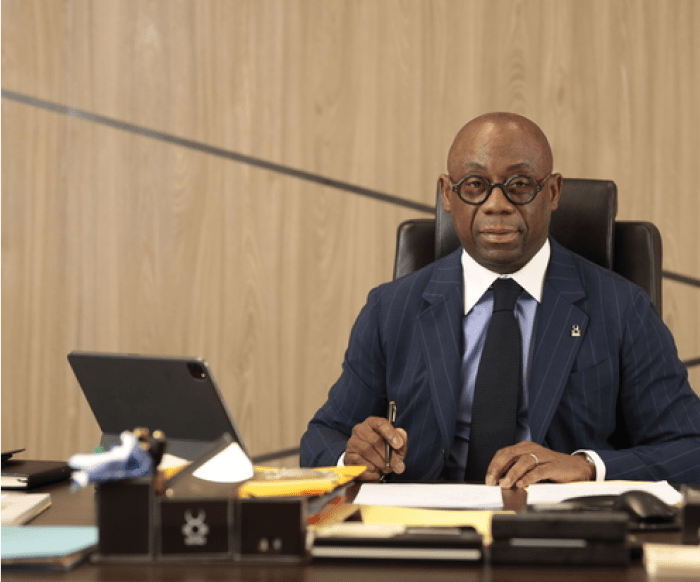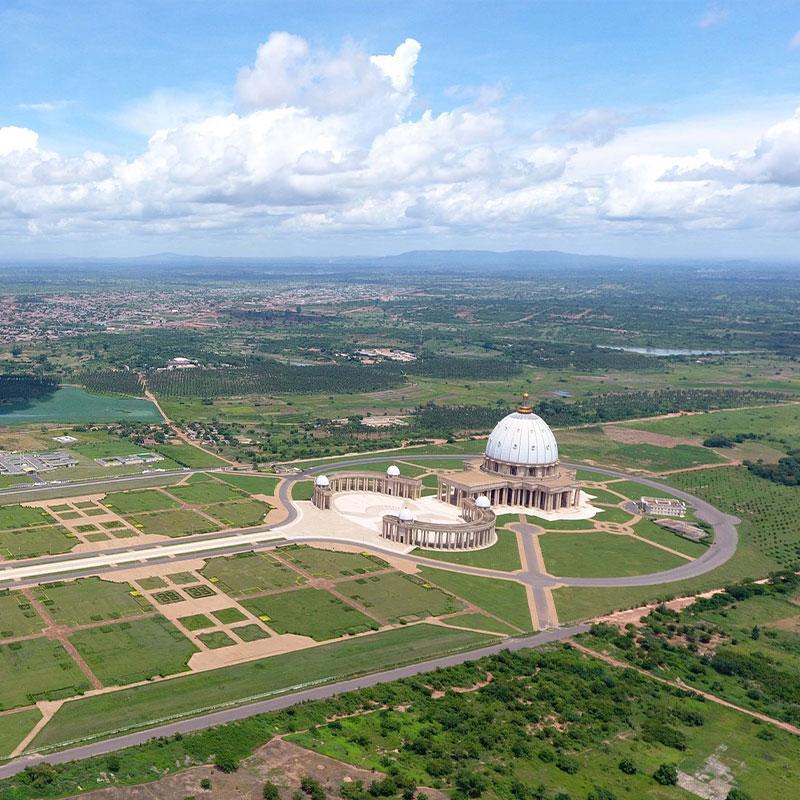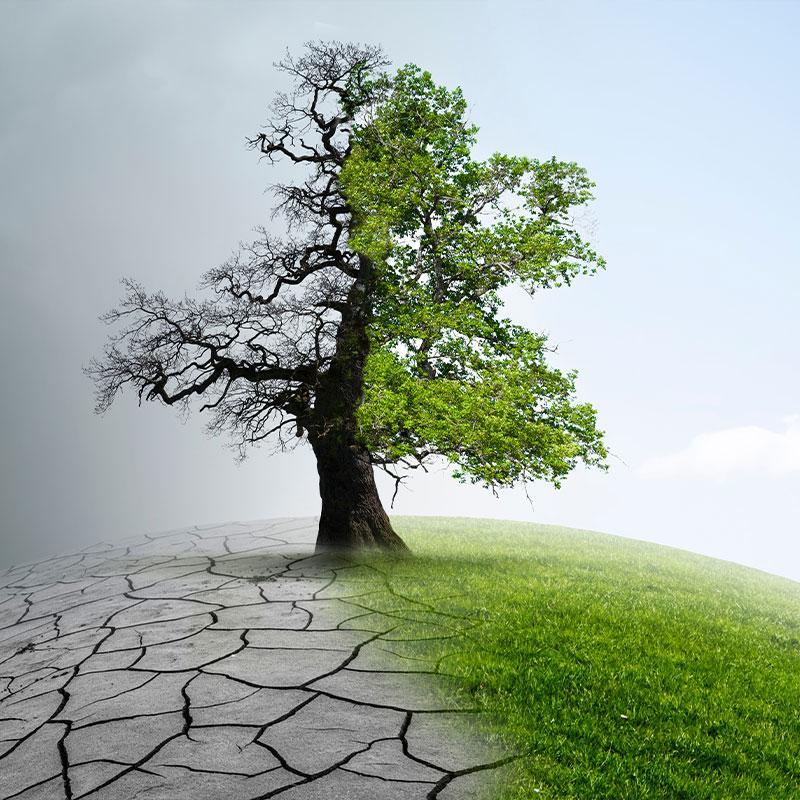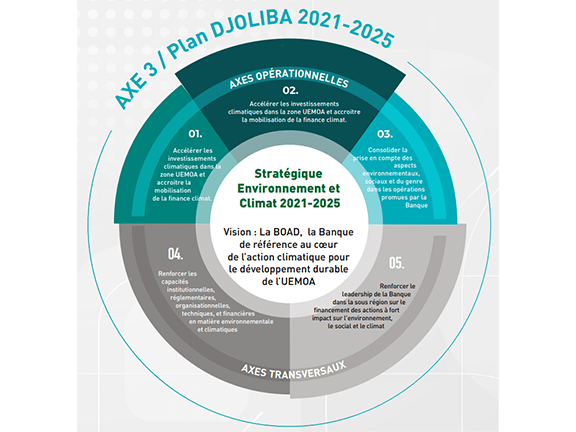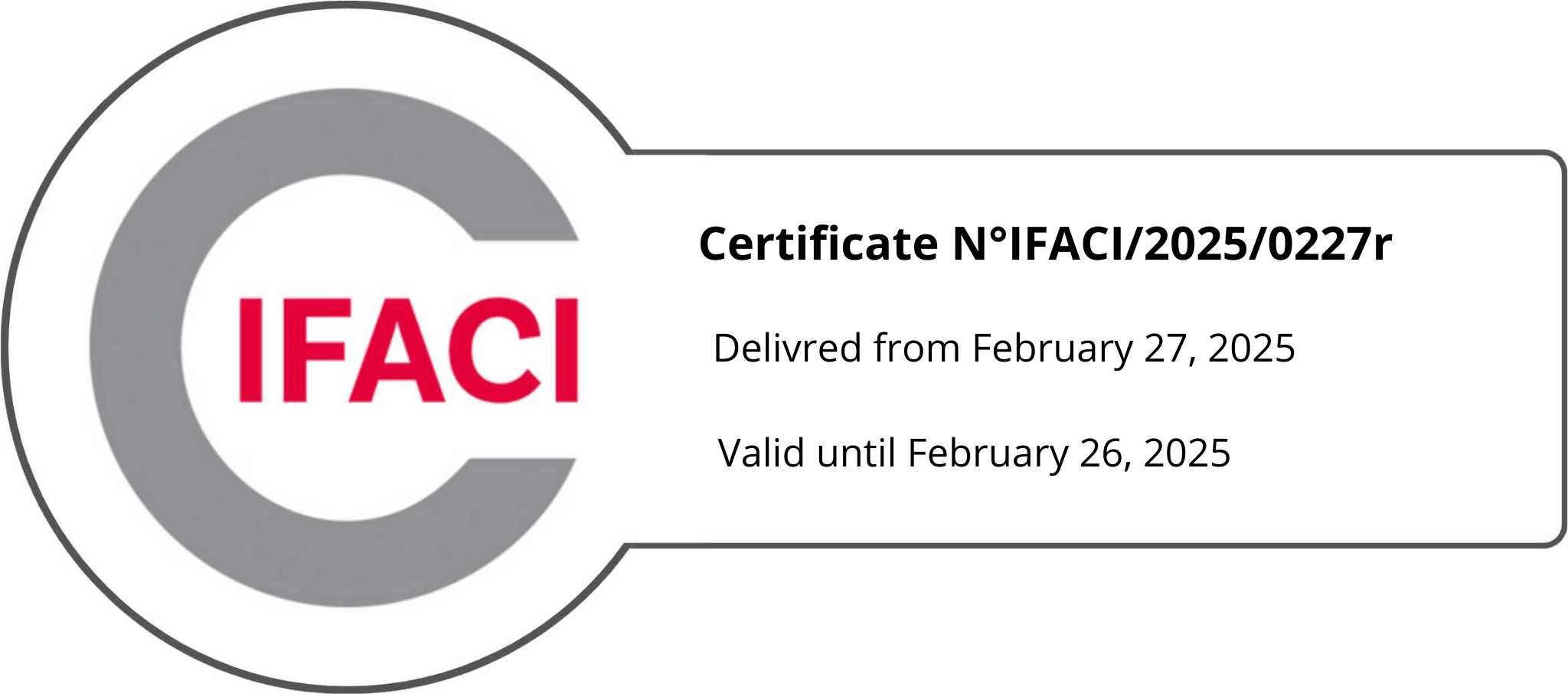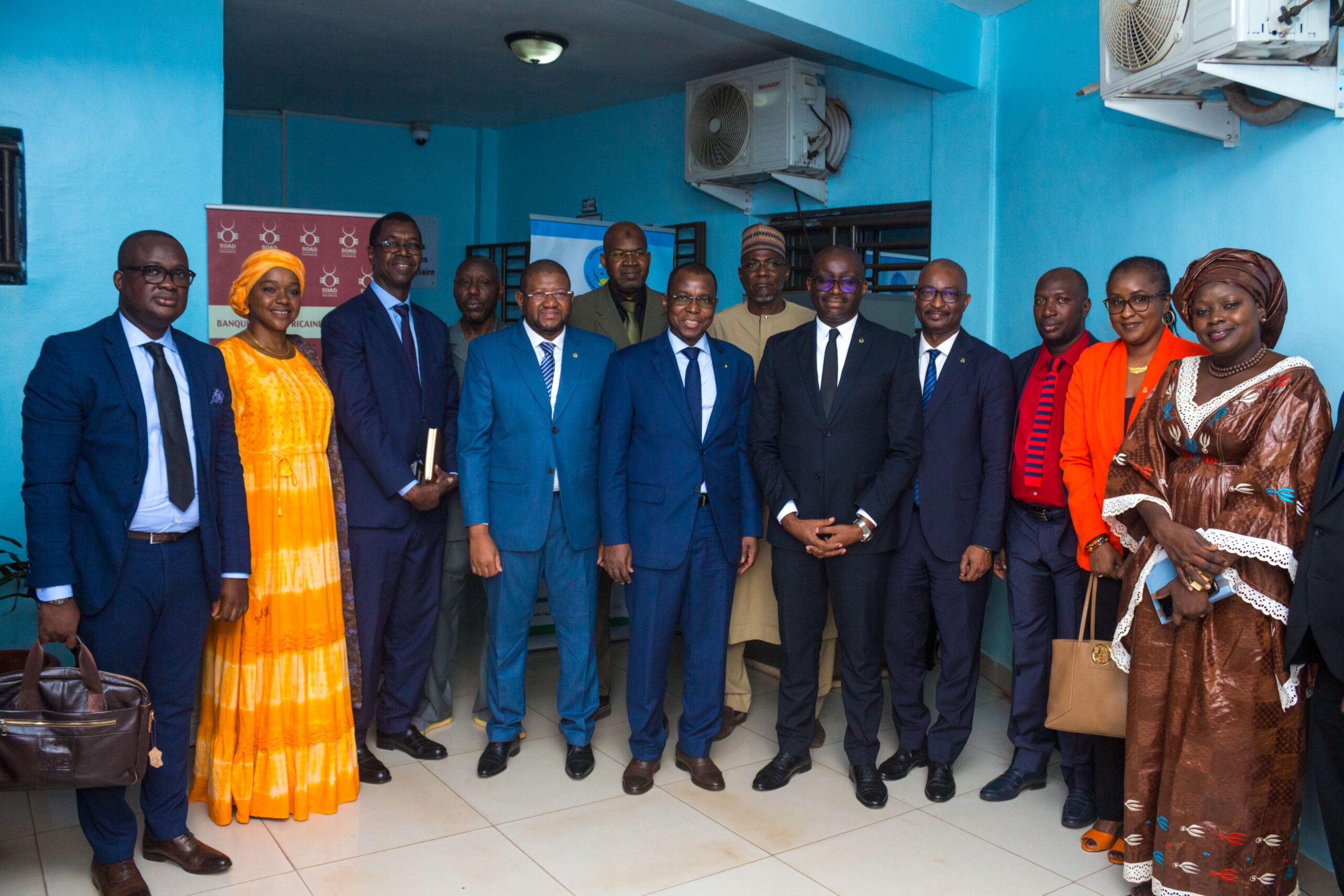Around two decades ago, the Bank introduced its first instruments for the environmental and social management of its projects. These were the beginnings of a reaffirmed ambition for sustainable, integrated and resilient development in the face of environmental problems such as the accelerating loss of biodiversity, land degradation and climate change.
In 2020, the Bank adopted a new strategy, « The Environment and Climate Strategy 2021-2025 (SEC II) », which echoes one of the main missions entrusted to it by its founding fathers some fifty years ago, namely to facilitate the balanced development of WAEMU member states. SEC II is consistent with the orientations of Axis III of the DJOLIBA Plan, namely « strengthening resilience to climate change ».
In light of the large financing gap and the urgent need for stronger climate action with lasting and systematic impacts, I have committed to devote 25% of the Bank’s financing to low-carbon and climate-resilient projects. In addition, BOAD will strengthen its Environmental and Social Management System (ESMS). It will also take steps to provide concrete responses to gender-related issues in all its operations to promote sustainable development.
Leadership, dialogue and ongoing collaboration with our technical and financial partners will have a more significant impact on our actions in the coming years to protect the environment and combat climate change.
I am convinced that this new strategy will place the WADB at the heart of climate action for the sustainable development of the WAEMU. This vision, which will guide our actions, is a responsibility to support the urgent and imminent needs of our member states, which we measure, and to which we are prepared to respond.
SERGE EKUE
President of BOAD
